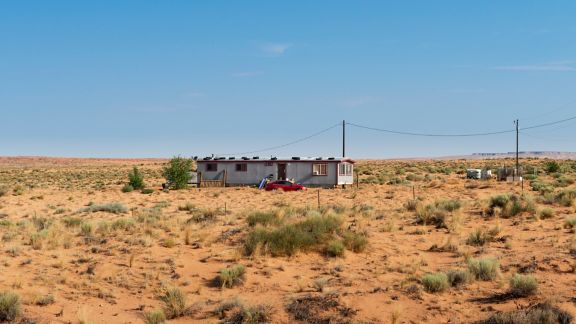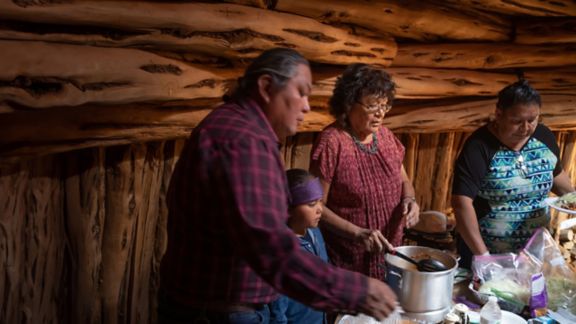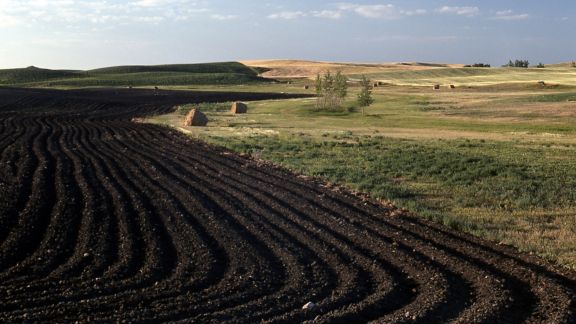There are currently 574 federally recognized Tribes in the United States, each with distinct cultures, governance structures, assets, challenges, and priorities. Indigenous populations experience higher rates of chronic disease, worse mental health outcomes, barriers to accessing care, and higher poverty rates.
Tribal communities are uniquely positioned to address these challenges by drawing upon their traditional knowledge, cultural practices, and enduring resilience, offering holistic and community-centered approaches to wellness, healing, and justice.
For decades, NORC has worked closely with Tribal partner organizations and directly with Tribal Nations to understand challenges and explore solutions, through our Walsh Center for Rural Health Analysis, the Center on Public Safety & Justice, and our many subject matter experts.
Discover Our Work
Our approach to Tribal research is grounded in respect for Tribal sovereignty, cultural traditions, and ethical engagement.
Responsive & Relevant
We prioritize community-driven methods, mixed-methods research, and evaluation strategies that reflect Tribal values and respond to Tribal priorities. Our work is designed to produce actionable insights that support Tribal self-determination and improve outcomes in Tribal communities.
NORC’s Tribal Research portfolio spans a wide range of topic areas, including:
- Tribal Public Health
- Behavioral Health & Suicide Prevention
- Water Safety
- Child Welfare & Family Services
- Health Workforce Development
- Food Security & Nutrition
- Housing & Infrastructure
- Early Childhood & Disability Services
- Tribal Justice Systems
- Native Arts & Culture
Highlighted Projects
Tribal Justice Data Hub
The Tribal Law and Order Act of 2010 (TLOA; P.L. 111-211, 124 Stat. 2258 § 251(b)) states that the Bureau of Justice Statistics (BJS) establishes and implements data collection systems to collect data and conduct analysis of crimes committed on federally recognized reservations, in tribal communities, and on identified trust lands. Therefore, BJS and NORC at the University of Chicago, in collaboration with our partners—the National American Indian Court Judges Association (NAICJA), the Tribal Law and Policy Institute (TLPI), the International Association of Chiefs of Police (IACP), and the IACP Indian Country Law Enforcement Section—developed the CTLEA and the CTCS to fulfill these requirements. These are data collection programs that study the administration and operational features of these agencies and their programs in the U.S.
Our Experts
-
Carol Hafford
Senior Fellow -
Alana D. Knudson
Director -
Michael Meit
Senior Fellow -
Hildie Cohen
Senior Research Director -
Nina Crowley
Research Scientist -
Beth Fisher
Senior Research Director -
Kate Fromknecht
Senior Research Director -
Brett Harris
Principal Research Scientist -
Chandria Jones
Principal Research Scientist -
Tracy McPherson
Principal Research Scientist -
Shena Popat
Senior Research Scientist -
Sarah Davis Redman
Principal Research Scientist
















